Vice President Kamala Harris boards Air Force Two at Joint Base Andrews, in Maryland, U.S., September 25, 2024. (Erin Schaff/Pool via REUTERS)
(Reuters) - U.S. Vice President Kamala Harris on Wednesday plans to propose new incentives to boost domestic manufacturing, a day after her Republican rival Donald Trump said he would seek to "take" factory jobs from other countries if he wins back the White House.
Speaking in the battleground state of Pennsylvania, the Democratic candidate in the Nov. 5 presidential election will lay out policies meant to build on her platform of homebuyer subsidies, small business tax breaks and a federal ban on grocery price gouging.
Harris is also expected to touch on her plan to work with the private sector and entrepreneurs to help grow the middle class in the speech at 3:15 pm EDT (1915 GMT) at the Economic Club of Pittsburgh, according to a senior campaign official who spoke on condition of anonymity.
The vice president and Trump are focusing their campaign messaging on the economy, which Reuters/Ipsos polling shows is voters' top concern, as the election approaches.
Harris is highlighting her "middle-class" upbringing as the child of a single mother, in contrast with Trump, the wealthy son of a New York real estate developer. She plans to tell voters her policies are pragmatic and not rooted in ideology. "For Donald Trump, our economy works best if it works for those who own the big skyscrapers. Not those who build them. Not those who wire them. Not those who mop the floors," she will say on Wednesday, according to the senior campaign official.
While Trump has proposed across-the-board tariffs on foreign-made goods - a proposal backed by a slim majority of voters - Harris is focusing on providing incentives for businesses to keep their operations in the U.S.
Harris in recent months has blunted Trump's advantage on the economy, with a Reuters/Ipsos poll published on Tuesday showing the Republican candidate with a marginal advantage of 2 percentage points on "the economy, unemployment and jobs," down from an 11-point lead in late July.
(Reporting by Gabriella Borter; Editing by Scott Malone, Lincoln Feast, Heather Timmons and Paul Simao)

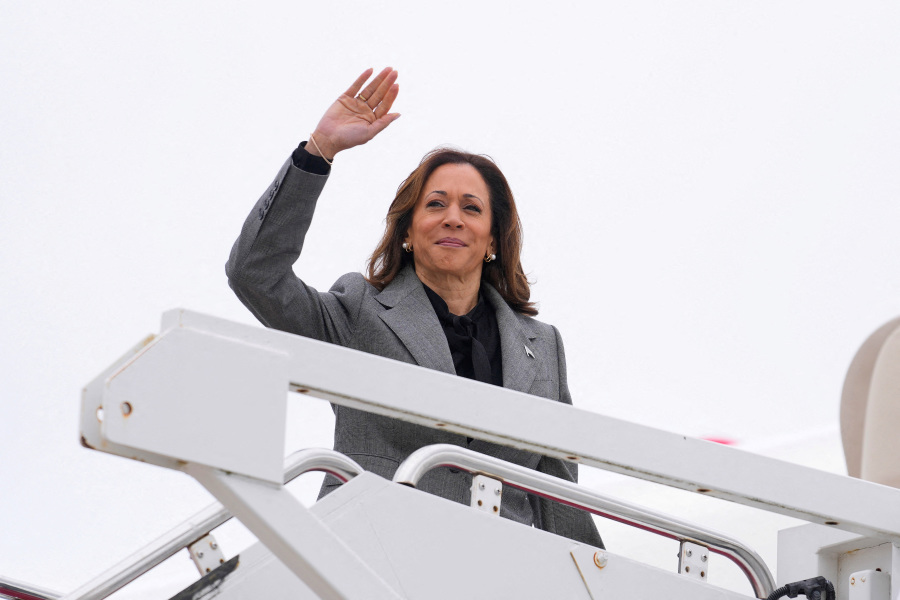

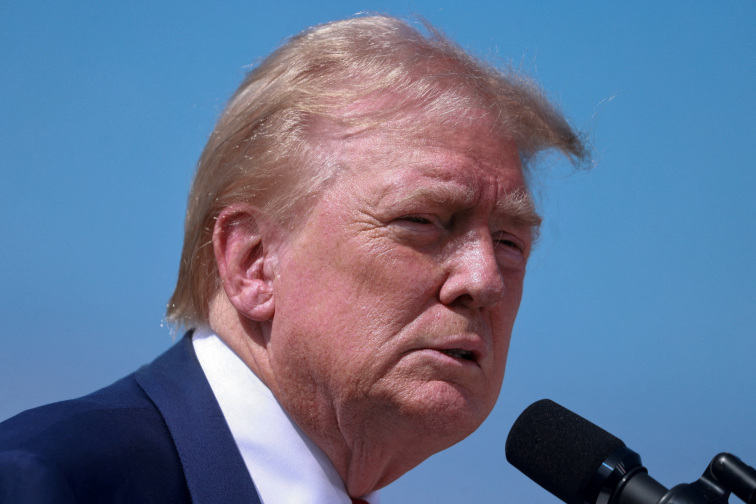
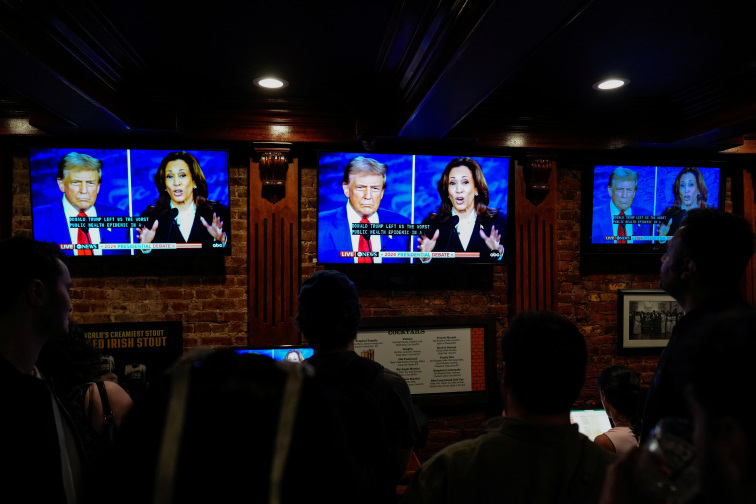
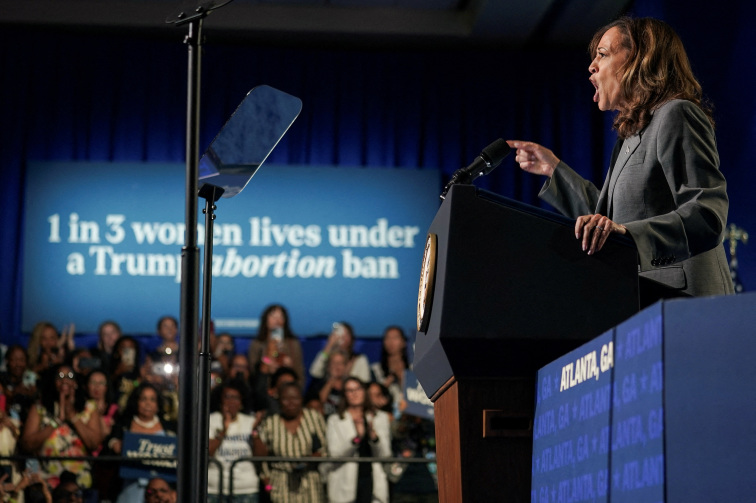

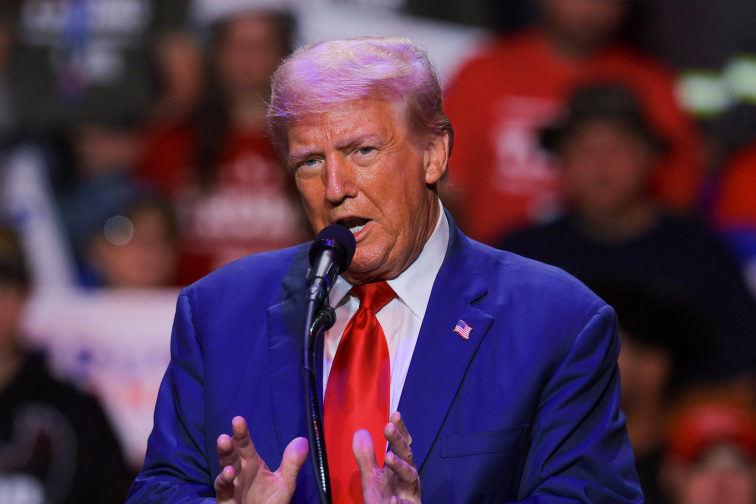
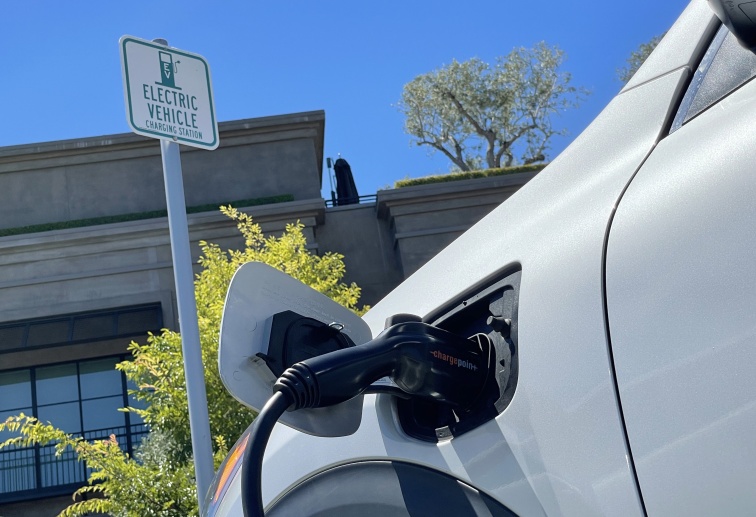
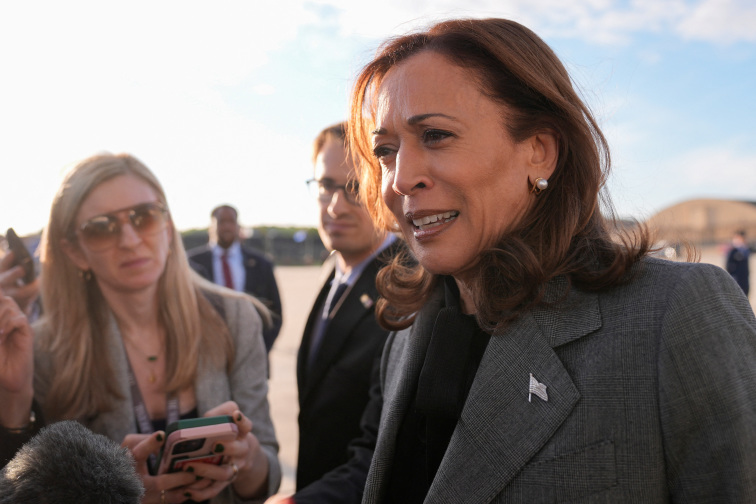

News magazine bootstrap themes!
I like this themes, fast loading and look profesional
Thank you Carlos!
You're welcome!
Please support me with give positive rating!
Yes Sure!